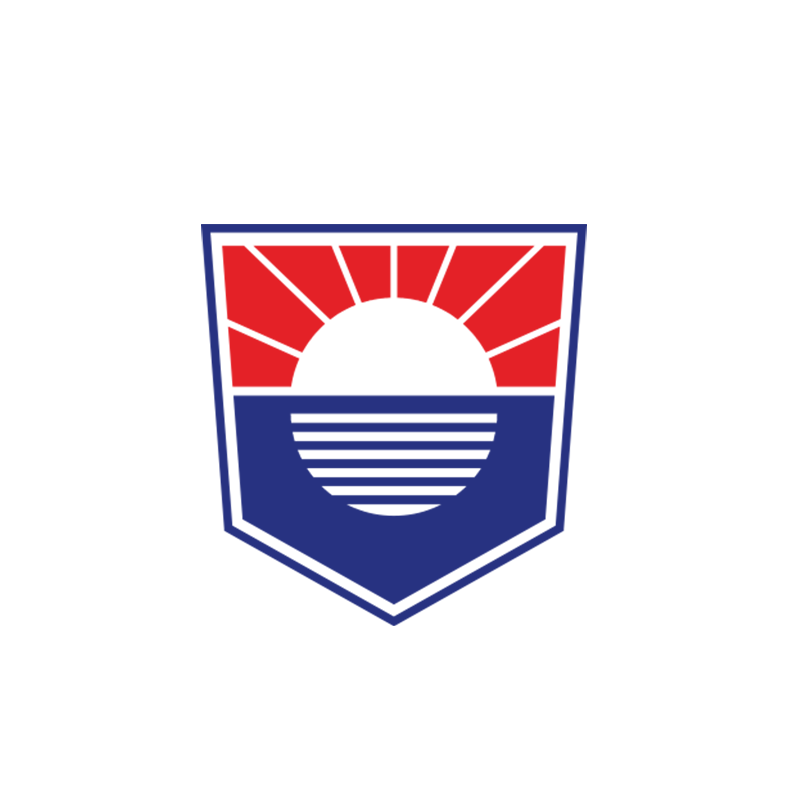About
Green-4-Future proposes to create a range of learning materials that reconcile economic goals with environmental and climate goals. The project aims to rethink the EntreComp Framework of Reference developed by the Joint Research Centre (JRC) of the European Commission and turn it into a green model Framework.
In addition to the creation of a Green EntreComp Framework, the Green-4-Future project will concentrate on a training scheme to prepare and support adult educators in their understanding of business modelling for companies in the circular economy.
Throughout the course of the Green-4-Future project, partners will work with and train VET tutors to develop their own resources and skills which they can use to further encourage the reconciliation of economic goals with environmental and climate goals. All of this learning content will be available on the Green-4-Future MOOC (Massive Open Online Courseware). This is an online platform, where VET tutors, Learning and Development Officers, Academics, and entrepreneurs can access all of the learning materials developed in the Green-4-Future project.













